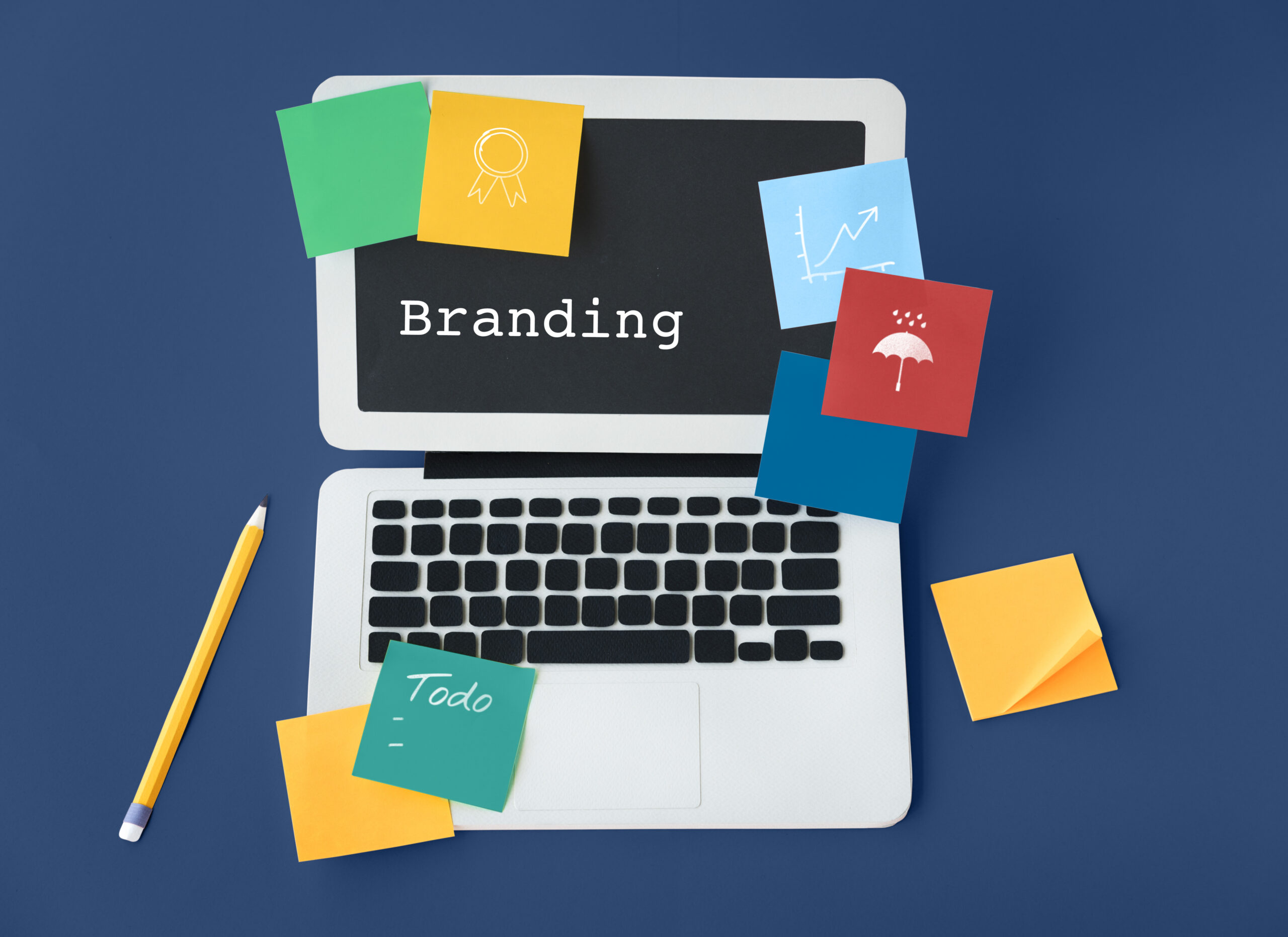As the world reels from the impact of the Covid-19 pandemic, some offices are slowly adapting to the “new normal”. Between going back to work and working remotely, people all over the world are burning out from overworking and an inability to cope with the long-lasting social effects of the pandemic. High levels of workplace stress and anxiety can impact both your mental and physical health negatively.
Stress management is integral to keeping employees happy and satisfied. Your work culture cannot just be “we have a playroom.” Taking care to support your employees and creating an atmosphere that inspires self-improvement, wellbeing, and resilience is the way to keep your workforce healthy and happy.
In this article, we’re exploring some useful ideas that can help both employers and employees mitigate workplace stress.
1. Set clear boundaries
Know when your workday starts and ends. This can be especially difficult when you’re working remotely, but enforce boundaries on your work. If there is extra work that spills over, ensure that it’s not a regular occurrence. Similarly, keep your workspace and leisure space separate. Working from your bed conditions your body to be alert and ready even when you’re resting — this can contribute to stress in the workplace because of poor sleep.
Humans need to bond with their family members, relax, socialize, and enjoy their free time. Setting clear boundaries will help you keep your me-time separate from work. This, in turn, will help you foster better personal relationships, adding to your overall happiness levels.
2. Communicate your needs
If you think you’ve got too much on your plate and it’s stressing you out, ask for help. Speak to your team members, managers, or other higher-ups. Draw attention and ask for support instead of suffering silently. If your company adheres to everyday work ethics, they will ensure you get the support you need in the form of mental health days, counselling, reduced workload, or something else that helps you.

The new normal can be daunting, especially if you’re joining a team that already seems to know each other. New roles can also cause workplace stress due to performance expectations, so employers must be transparent and honest about their expectations. When working with a team, taking time to welcome a new member with a small lunch event (or a game night over Zoom) can lead to better workplace relationships. This will also encourage them to ask for help or support if they need someone to collaborate on a project.
3. Create a sense of belonging
This one is for employers, team leaders, and managers. Make sure you create a sense of belonging and togetherness among your team members. As several companies hire talent from across the world, distributed teams are quickly gaining popularity. Just like education systems have adapted to blended learning, ensuring all team members feel seen, heard, and appreciated is critical.
The pain of being left out causes the same neural and physiological patterns as physical pain, so take a moment to make everyone feel included. Leverage instant communication tools like Slack and Zoom to hold virtual meetings and remember to address those who have their video off for any reason.
4. Stay organized
One of the significant reasons we experience workplace stress is that we’re disorganized and can’t keep track of what needs to be done. This causes confusion and irritability, leading to overworking as you amend mistakes and rework simple things.
Create a to-do list that you update every day with the tasks you need to complete that day. This will give you an idea of your capacity and how much more you can take on. It will also help you prioritize tasks correctly, reducing stress over incomplete work. Conversely, if you realize your plate has too much, you can ask for help from your team members and managers.
5. Reduce multi-tasking
Trying to do too many things at once can cause a lot of stress at work. Don’t juggle items that are all important and due very soon. Learn to delegate and share the work with your team. Learning how to focus is an important skill — it can lead to better results and is a much more efficient way to work.
6. Keep it moving

Exercise is a great way to deal with workplace stress. Whether you work remotely or in an office, chances are you sit at your desk for way too long. Intermittent walks can not only improve your blood circulation but can help you crack that creative block. Walking around during your workday lifts your mood, and it’s a great way to connect with your team.
7. Build resilience
The pandemic has stolen a sense of normalcy from everyone. People are dealing with a loss of their daily routine. With no clear end to the Covid-19 pandemic in sight, it’s up to us to learn how to be resilient and manage workplace stress.
Learning how to embrace change, renewing your sense of purpose, developing problem-solving skills, and nurturing an optimistic outlook are ways you can learn to build resilience. Resilient people cope better with stress, adversity, and tragedy and can even support others to do the same.
Self-care and a focus on self-improvement are the best ways to deal with workplace stress. Identifying your stressors and making efforts to remove or deal with them effectively is the way to reduce workplace stress. Your mental wellbeing is more important than productivity, so if your company only focuses on the latter while demanding consistent results, it’s time to reevaluate what you need from your current role.
Follow us for more insight on workplaces, organization, and productivity: https://blog.brucira.com/
Check out Brutask, a simple task management app that can help you keep track of your daily to-do lists with valuable features like private tasks, timeboxing, and task prioritization: https://brutask.com/
Stay updated by following our social media: Instagram | LinkedIn | Facebook | Twitter | Behance | Dribbble













